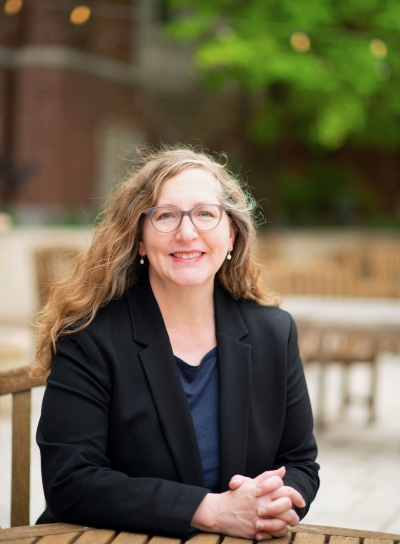Sara Doolittle, Ph.D., has been selected as a 2023 National Academy of Education (NAEd)/Spencer Postdoctoral Fellow. A 2021 graduate of the Jeannine Rainbolt College of Education with a doctorate in educational administration, curriculum and supervision, Doolittle spent the 2022-23 academic year as a postdoctoral researcher for the Transformative Tutoring Initiative.
The fellowship award of $70,000 is intended to assist with salary replacement and research expenses for the fellowship period. The selection committee, composed of leading scholars in education research, selected 25 Fellows from an extremely competitive pool of 195 education scholars. The fellowships are administered by the National Academy of Education, an honorary educational society, and are funded by a grant to the academy from the Spencer Foundation. The fellowship program has over 800 alumni who include many of today’s leading education researchers.
“I’m so grateful to the National Academy of Education and the Spencer Foundation for their support of my work,” Doolittle said. “As someone who was born and raised in Oklahoma, I believe its history is one that is vital in understanding many of the complex issues we face in education today. I have worked to bring to light the voices of Black Oklahomans who raised legal challenges to access territorial schools before there were even physical school buildings.”
During her fellowship year, Doolittle plans to expand upon dissertation research that examines the legal challenges raised by Black families demanding educational access for their children in the territorial and early days of Oklahoma statehood. She will also work to transform that research into a book. Doolittle will add to her existing research by doing archival work in Washington, D.C., and the Oklahoma Department of Libraries as well as other regional historical societies, including the Harrison papers at Langston University.
“These stories are what underpin my work. I am thankful to be able to spend the time to transform this research into a book that will help us understand this struggle as well as the crucial role the federal government played in carving out educational rights during the turn of the 20th century. I am also thankful for the mentorship I received while at the University of Oklahoma that led me to this line of inquiry and nurtured my capacity as a scholar.”


